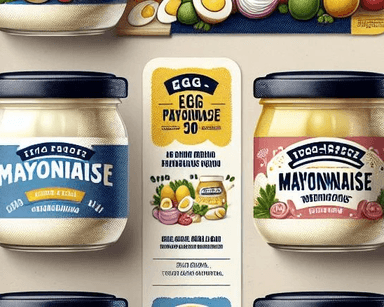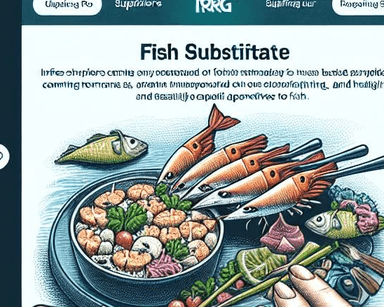What are Falafel packaging options?
When it comes to falafel packaging, suppliers offer various options to cater to diverse market needs. Commonly, falafel is packaged in bulk, vacuum-sealed packs, or resealable bags, suitable for different b2b sourcing requirements such as wholesale or private label. These packaging options ensure freshness and increase shelf life, which is crucial for falafel suppliers catering to international markets like Europe or the Mediterranean region. Choosing the right packaging option can enhance the product's appeal and efficiency in transportation and storage.
What are the top Falafel producing countries?
Falafel production is at its peak in several European countries, with Germany, Netherlands, France, and Denmark leading the way. These countries boast state-of-the-art manufacturing facilities that cater to b2b falafel sourcing needs. If you're looking for reliable falafel suppliers or manufacturers, these countries provide a wide array of options, whether you are seeking organic falafel or traditional varieties. By sourcing from these top locations, companies can ensure premium quality products to meet their foodservice or retail requirements.
Who are the best suppliers for private label Falafel in Europe?
The best private label Falafel suppliers in Europe include well well potraviny s.r.o., GULF FOOD COMPANY AMERICANA LLC, Food Art S.r.l. and Falafel Alsham AB. These Falafel companies are known for their premium Falafel, flexible private label services, and efficient production, meeting the growing demand for high-quality, customizable Falafel products.
What are the top certificates for Falafel?
Certifications are crucial for quality assurance in the falafel industry. Leading certificates include IFS, FSSC 22000, BRCGS, and GACC. These certifications ensure that falafel suppliers meet strict international safety and quality standards. Businesses sourcing falafel, whether for wholesale or private label, should look for these certifications to guarantee high-quality products. By choosing certified falafel manufacturers, companies can enhance their credibility and customer trust in competitive b2b markets across Europe and beyond.
What are the top Falafel trade shows?
Trade shows are pivotal for networking and sourcing in the falafel industry. Some of the most prominent falafel trade shows include the Anuga Food Fair in Germany and the SIAL Paris in France, which offer extensive opportunities for suppliers and buyers to connect. These events showcase the latest in falafel trends, from vegan options to organic and premium products. Attending such trade shows allows businesses to discover new falafel suppliers and manufacturers, expanding their sourcing and private label possibilities across global markets.
What are Falafel minimum order quantities (MOQ)?
Minimum order quantities (MOQ) for falafel can vary depending on whether the products are branded or private label. Typically, for branded falafel, the MOQ ranges from 1,000 to 3,000 units. For private label falafel orders, the MOQ is considerably higher, ranging from 10,000 to 50,000 units. These MOQs are designed to accommodate different b2b needs, whether for wholesale distribution or retail stocking. It's essential for buyers to understand these requirements to ensure seamless sourcing from top falafel suppliers across regions like the Mediterranean and Europe.
What are the top Falafel trends in 2025?
The falafel market is witnessing several exciting trends, including a growing demand for organic and vegan varieties. Premium falafel options are also on the rise, with suppliers focusing on bulk production to meet foodservice and retail needs. As the b2b marketplace expands, falafel manufacturers are responding by offering diverse product lines to cater to health-conscious consumers and those seeking sustainable sourcing options. Businesses are also increasingly looking for suppliers who can handle large order quantities for international distribution.














